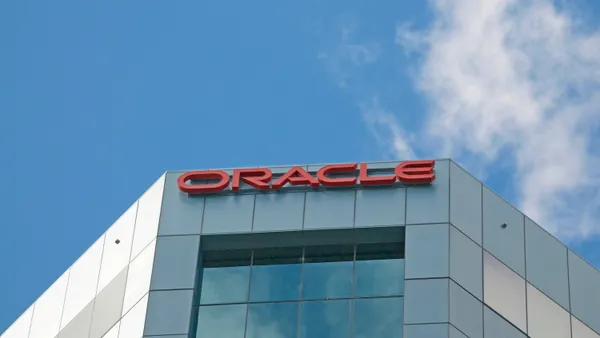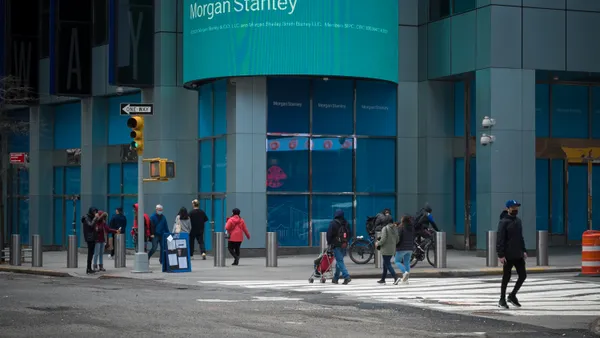Correction: In a previous version of this article, HCSC was said to be laying off 70% of its IT staff. The layoffs are impacting its IT infrastructure staff.
Dive Brief:
-
Health Care Service Corporation (HCSC) is laying off more than 500 employees, or about 70% of its IT infrastructure staff, according to Computerworld. The insurance firm is outsourcing to India-based contractor HCL.
-
Spokesman Mark Spencer confirmed in a statement that the company is moving to modernize its IT systems. "We are transitioning to a blended operating model in which basic operational tasks are handled by strategic business partners, and critical strategy and design work is performed by HCSC employees," according to a statement.
-
"As full-time retiring baby boomers move on to their next chapter, the makeup of our organization will consist more of young and non-traditional workers, such as part-time workers or contractors," said Paula Steiner, HCSC CEO, in a video address to the company on what its future workforce will look like.
Dive Insight:
HCSC staff have known about the layoffs since September but did not find out who would be impacted until October. The IT infrastructure staff anticipates having to train their replacements.
Companies are struggling to modernize and keep up with new trends in technology. In response to market trends, IT cost and pressure, many organizations look toward outsourcing and different approaches to IT, including the adoption of hosted services. Though in some cases it can free up workers to use and adapt technology in more innovative ways, it can also leave many IT workers without jobs.
Last year, Southern California Edison workers complained that more than 500 of them were laid off so the company could outsource labor at a lower cost. Soon after, Disney hired IT services contractors that use H-1B workers. Disney IT employees said they had to train visa-holding replacements in order to receive a severance. Both incidents sparked renewed interest in revising H-1B visa rules to prevent U.S. workers from being replaced with cheaper overseas IT labor.
Most H-1B reform measures have stalled. As a result, many are looking toward the outcome of the coming U.S. presidential election to dictate what the future foreign labor market will look like.













